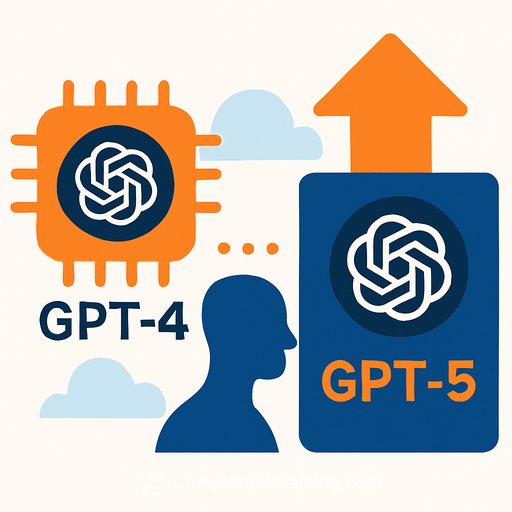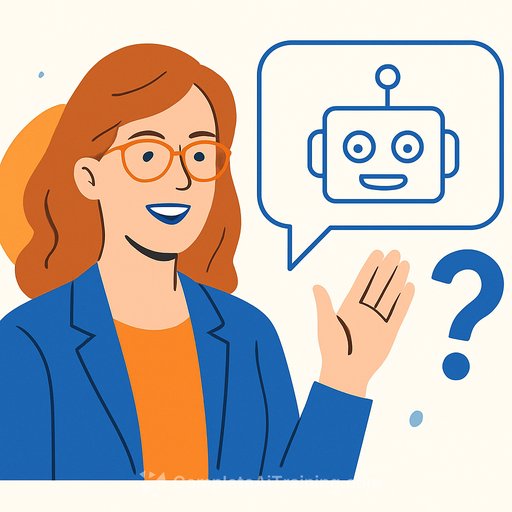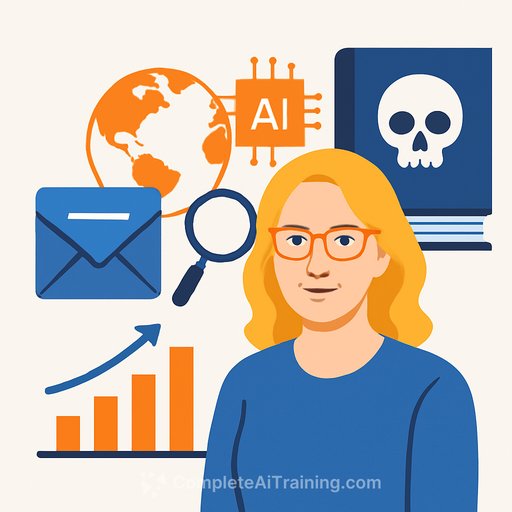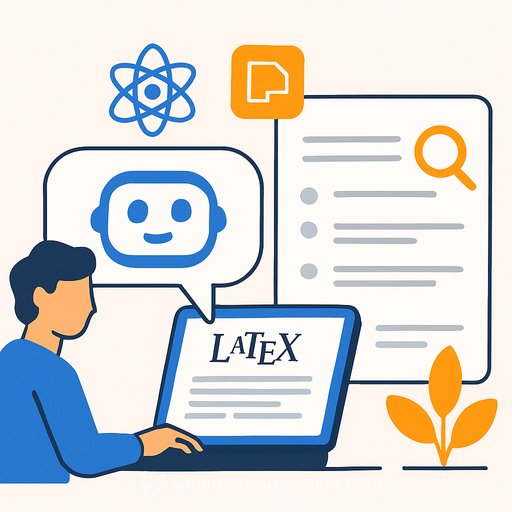GPT-5 Arrives Imminently: What the Hype Won't Tell You
OpenAI's latest AI model, GPT-5, is just around the corner, but the excitement surrounding it might be a bit overblown. While GPT-5 is said to be smarter than GPT-4, the improvements are expected to be modest rather than groundbreaking.
Before the release, OpenAI’s CEO Sam Altman hinted at some remarkable advancements, even suggesting that humanity is close to building digital superintelligence. However, the examples he shared—like GPT-5 writing a complex email or recommending thought-provoking TV shows—point more to incremental progress than to a giant leap forward.
Behind the Scenes: Challenges with GPT-5
Reports from sources inside OpenAI and Microsoft reveal that GPT-5’s main upgrades focus on better math problem-solving and coding abilities. Even these improvements, however, don’t compare to the jumps seen in earlier model releases like from GPT-3 to GPT-4.
Interestingly, OpenAI's initial attempt at GPT-5, codenamed Orion, was downgraded to GPT-4.5 due to insufficient performance gains. Insiders noted that as recently as June, none of the experimental models met the expectations for a true GPT-5.
- Data Quality Issues: The supply of high-quality web data for training the model has dwindled, limiting further advancements.
- Scaling Limits: Larger models haven’t consistently produced better results; improvements are hitting diminishing returns.
Even more concerning is the finding that multiple large language models, including those from OpenAI, degrade over time. For example, in tasks like accounting, these models showed error rates increasing up to 15% within a year, sometimes getting stuck in loops and failing basic operations.
What This Means for Writers and Other Professionals
If GPT-5 struggles with math and coding consistency, then writers can remain cautious about overreliance on AI for complex or critical tasks. Software engineers have already reported that AI-generated code often contains more bugs than expected, sometimes with serious consequences.
That said, OpenAI’s business is thriving. Despite some high-profile departures, the company’s revenue and user base have surged, and it’s projected to exceed $12 billion annual income by 2025. With plans to possibly go public in 2026, OpenAI is securing tens of billions in funding to keep pushing AI development forward.
Altman has mentioned that AI models could improve over the next three or four generations. So while GPT-5 might not be the digital superintelligence some hoped for, it’s part of a longer journey toward more advanced AI.
For writers interested in understanding how these AI models evolve and how to effectively incorporate AI into their workflows, exploring practical AI courses can be valuable. Platforms like Complete AI Training offer up-to-date resources to get hands-on experience with current AI tools.
Your membership also unlocks:






